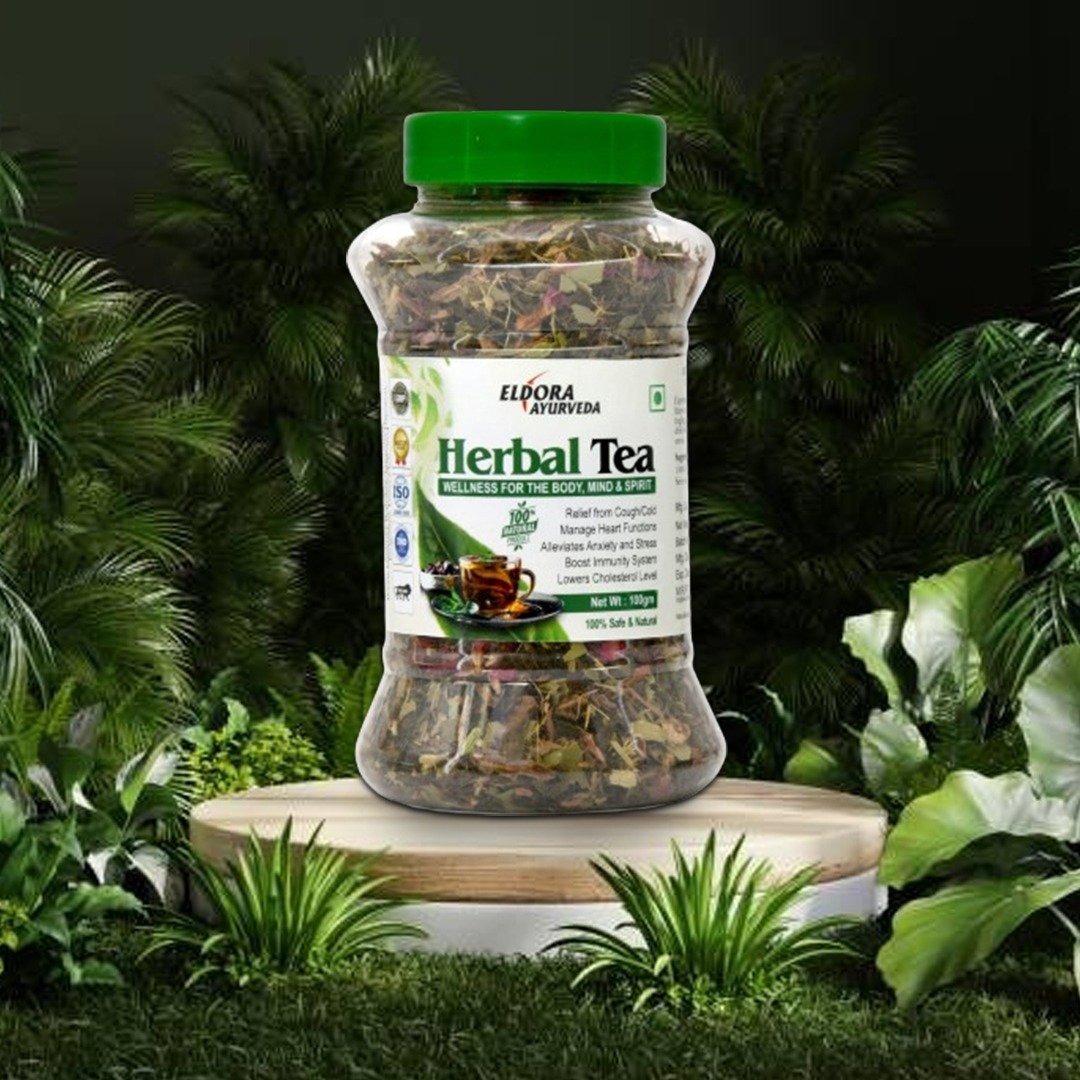Blog
Herbal Tea for Hair Health: Myths and Facts

Introduction
Herbal teas have been cherished for centuries, praised for their myriad health benefits ranging from aiding digestion to enhancing mental clarity. One particular area of interest is their potential impact on hair health. Many people swear by herbal teas as a natural remedy for improving hair growth, strength, and overall condition. However, like many health-related topics, this area is rife with myths and misconceptions. In this article, we will explore the truths and myths surrounding the use of herbal teas for hair health.
Myth 1: Herbal Tea Can Magically Cure Hair Loss
One of the most common myths is that drinking herbal tea can single-handedly cure hair loss. While herbal teas contain beneficial compounds, they are not a magic bullet for hair restoration. Hair loss can be caused by various factors including genetics, hormonal imbalances, stress, and nutritional deficiencies. While certain herbal teas may support hair health, they are not a standalone cure for hair loss.
Fact: Herbal Teas Can Support Overall Hair Health
While they might not be a cure-all, herbal teas can contribute to better hair health. For instance, teas like rosemary, nettle, and green tea are rich in antioxidants, which can help reduce inflammation and support a healthy scalp. A healthy scalp is essential for hair growth, as it provides the necessary environment for hair follicles to thrive.
Myth 2: Only Drinking Herbal Tea Helps Hair Health
Another misconception is that only consuming herbal tea is beneficial for hair. In reality, applying herbal tea topically can also provide benefits. For example, rinsing hair with brewed chamomile tea can enhance shine and add a natural golden tint to lighter hair. Similarly, a rinse with green tea can help reduce dandruff and promote a healthier scalp.
Fact: Some Herbal Teas Are Better Than Others for Hair Health
Not all herbal teas are created equal when it comes to hair health. Specific teas have particular properties that can benefit your hair more than others. Here are a few notable mentions:
- Green Tea: Known for its high antioxidant content, green tea can help reduce hair fall and promote growth by supporting healthy hair follicles.
- Nettle Tea: Rich in iron and silica, nettle tea can strengthen hair and may prevent hair loss.
- Rosemary Tea: Often used as a natural remedy for hair growth, rosemary tea can improve circulation to the scalp, thereby promoting hair growth.
- Horsetail Tea: Contains silica, which is essential for strengthening hair strands and improving their texture and shine.

Myth 3: Herbal Teas Are Safe for Everyone
Herbal teas are generally safe, but they can interact with medications or cause allergic reactions in some individuals. For instance, people with ragweed allergies might react to chamomile tea. Pregnant or breastfeeding women should also consult their healthcare provider before consuming certain herbal teas, as some may not be safe during pregnancy.
Fact: Herbal Teas Can Be Part of a Holistic Hair Care Routine
Incorporating herbal teas into your hair care routine can be beneficial when combined with other healthy habits. A balanced diet, adequate hydration, regular scalp massages, and the use of natural hair products can collectively improve hair health. Herbal teas can complement these practices by providing essential nutrients and antioxidants.
Myth 4: You Will See Immediate Results
Patience is key when it comes to natural remedies. Some people expect instant results from drinking or applying herbal teas. However, the benefits of herbal teas for hair health are typically seen over time with consistent use. It’s important to manage expectations and understand that natural remedies often work gradually.
Fact: Scientific Research Supports Some Claims
While anecdotal evidence abounds, scientific research has also begun to support some claims regarding herbal teas and hair health. Studies have shown that compounds in green tea, such as epigallocatechin gallate (EGCG), can help stimulate hair growth. Similarly, rosemary extract has been found to be as effective as minoxidil, a common hair growth treatment, in improving hair count over several months.

Conclusion
Herbal teas can be a valuable addition to your hair care regimen, offering various benefits from improving scalp health to potentially promoting hair growth. However, it’s crucial to distinguish between myths and facts. Herbal teas are not magical cures but can support overall hair health when used consistently and in conjunction with other healthy practices. Always consult with a healthcare professional before making significant changes to your diet or hair care routine, especially if you have underlying health conditions or are taking medications. By doing so, you can enjoy the benefits of herbal teas while maintaining realistic expectations about their impact on your hair.
